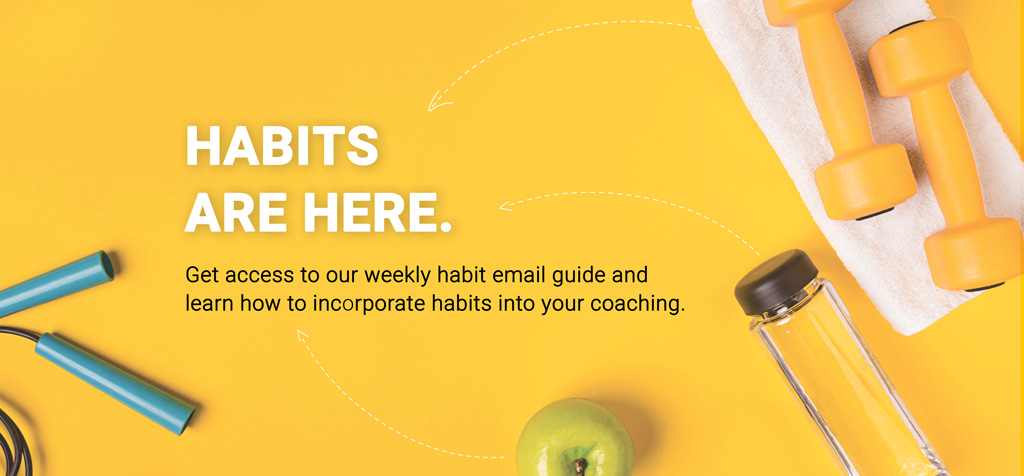Often times, I hear clients tell me they’ve crushed their workouts all week, and kept their nutrition on point. However, when asked about how many hours per night they’ve slept, the answer is not ideal. In my opinion, sleep is one of the most common factors that is overlooked in regards to a well-rounded fitness/weight loss routine. We, as personal trainers, know how important a good night’s sleep is for recovery, regeneration, and having the energy to crush the following day. Lack of sleep can be a roadblock we sometimes reach with clients who are either very busy, very social, or just don’t prioritize sleep in general.
As personal trainers (whether in-person or online), it’s our responsibility to help our clients live an overall healthier lifestyle. Therefore, it’s our job to teach the importance of sleep. We need to help ensure our clients are getting enough sleep each night.
Personally, it took having a child to really learn the value of sleep. I know all too well what it feels like to live on minimal sleep. It’s not healthy. You feel sluggish, not as sharp mentally, and overall you just feel unmotivated. Now I make sleep a priority. When I hear clients tell me they are living off of 4 or 5 hours of sleep each night, my first response is always “how are you alive right now?” or “how much coffee do you drink a day?” I really do my best to coach my clients into learning the value of sleep. I find once they experience the “prioritize sleep life”, they never go back.
Here are three tips I share with my clients to help them make sleep a priority in their fitness journey:
1. Set a Bedtime Each Night
This is one that I live by during the week, as I feel it helps me schedule my day, eating schedule, and ensures I’m getting enough sleep each night. I personally get up at 4:30am or 5am on weekdays (whether it be to train clients, or to get some work done before my son wakes up). Since I wake up so early, my bed time is around 9pm or 9:30pm, and I’m totally okay with that. The way I look at it is that anyone who is staying up later than that is probably just watching TV or Netflix. I tell my clients that sleep should be more of a priority than watching TV, plus we all have PVR’s now, so you can always watch a show another day.
Some fitness wearables track sleep, and sleeping patterns. Try recommending one to your client. They will be able to track how well they’ve slept (including REM sleep), tossing and turning in their sleep, and how many total hours of sleep they got.
Stay connected with your clients.
Start your free 30-day trial of Trainerize today.
2. No Electronics (Minimum 30 Minutes Before Bedtime)
This is always the hardest for anyone to grasp. Once you get on the bandwagon, however, it’s easy to stick to. Yes this means phones away, and no more scrolling through social media. The mind needs to rest, and in order to do that we need our eyes away from the blue lights of electronic devices.
It’s all about building healthy habits. I often recommend getting into a bedtime routine that does not involve a phone. A routine that helps you relax and wind down from the day. Keeping a notepad on your bedside table to write down what’s on your mind, and what you have to get done the next day is a great way to clear the mind. Reading a book also helps (I often choose books not related to my profession in order to let my mind wander, and not think about work). All of these small things can really help someone relax, and get into sleep mode. I warn clients it will take time to get used to a new routine, but it will pay off in the long run!
3. Know Your Best Time to Workout and Eat
This is always something I tell clients because everyone is different. What I mean by this is that if they find they are not able to fall asleep after an intense evening workout, perhaps they should either push their workouts earlier, or look at moving their workouts to the morning. This also goes for eating. I coach clients to try to not eat within 1 1/2 to 2 hours of going to sleep when it’s in their control. Again, everyone is different, and everyone functions differently. It can be a process of trial and error before finding the perfect solution.
As personal trainers, helping clients find what works best for them is part of our job. Our job is also to ensure clients get enough sleep to properly function, stay healthy, and so that they can reach their fitness goals.


